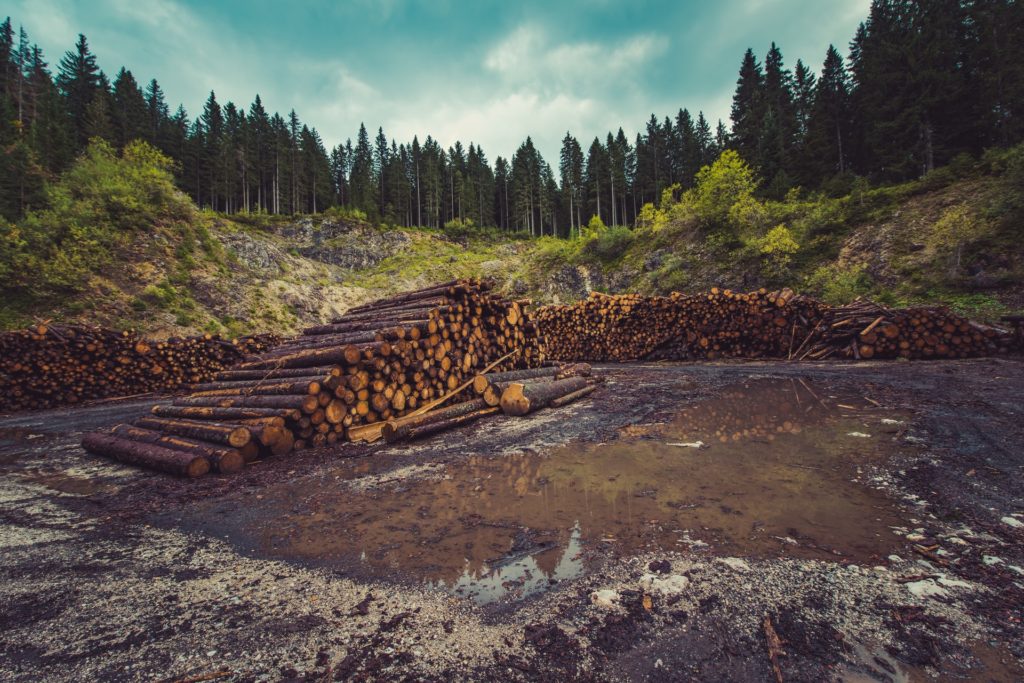Flanders’ Minister of Energy is calling into question the practice of burning trees to generate power, a procedure she says doesn’t pass the sustainability test given that the trees are often shipped from faraway places.
“Cutting down trees on a large scale and burning them under the guise of 'renewable energy' is too hypocritical for words,” said Flemish Minister of Energy Zuhal Demir.
Demir has also questioned the excessive role of biomass in the European Fit For 55 plan, a massive political undertaking that aims to cut the bloc’s greenhouse gas emissions by 55 percent (compared to 1990 levels) by 2030, which is part of the European Green Deal.
Under European law, the combustion of biomass qualifies as renewable energy production.
No government support is currently granted to large-scale biomass installations in Flanders, but in 2018, prior to Demir taking office, the support period for biomass power plant Rodenhuize was extended by five years, allowing it to receive green certificates.
Rodenhuize is a biomass power plant owned by NV Max Green, a joint venture between Engie and Ackermans - Van Haaren, that burns biomass - specifically, wood pellets - to generate electricity.
Demir says that the wood used in the Belgian power plant comes from Siberia in Russia, Alberta in Western Canada, Eastern Canada and also South American Chile.
Together, deliveries from these faraway countries account for up to 1.5 million tonnes of wood, and Demir doubts whether the environmental burden of shipping from such distant locations really justifies a green label.
“If we protect and plant extra forests in Flanders, we can hardly allow the Taiga in Russia to be cut down without mercy and used in our backyard. There must be certainties,” Demir said.
Demir is also concerned about the local context in which wood pellet production takes place in such countries.
“For Siberia and Chile, this may include corruption, illegal logging, destruction of protected biotopes and species, and the exploitation of workers, according to National Risk Assessment reports by the international Forest Stewardship Council (FSC),” said a statement from her office.
“A sustainability test requires a careful assessment and today we cannot exclude that the wood flows could be given a better destination than incineration in Flanders,” said Demir.
Demir seeks to appoint an external expert who will assess the sustainability of the wood flows to the Flemish power plant.
“I have said before that waste or a by-product such as corn waste, roadside clippings, waste wood, animal matter, waste from vegetables or potato processors, all belong in sustainable and small-scale projects,” Demir emphasised.
“But cutting down trees on a large scale and burning them under the guise of ‘renewable energy’ is too hypocritical for words.”
In terms of the European Commission's Fit For 55 plan that involves biomass, Demir plans to address that with representatives from Member States.
“I will in any case raise the issue of the role of biomass for renewable energy with my colleagues in the other regions and at the European level,” said Demir.
“Using tax money for burning wood, resulting in unhealthy emissions, must be phased out sufficiently quickly at the European level as well.”

